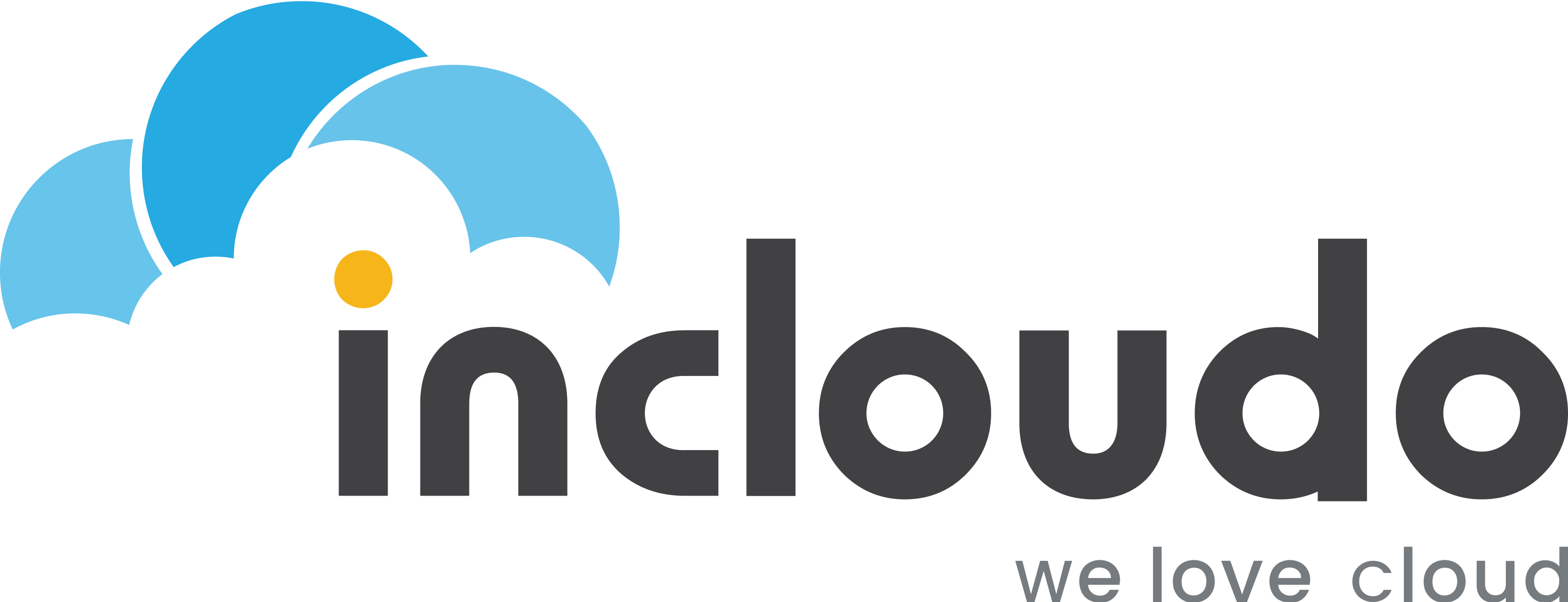Overview
A leading healthcare provider struggled to streamline operations and secure sensitive patient data while managing the complexities of manual deployments. With growing demand for faster, more secure services, they needed a modernized solution to reduce deployment times and ensure compliance with strict healthcare regulations.
Industry Focus
Healthcare
Digital Health Platforms
Initial Roadblock
The provider relied on manual deployment processes, which were time-consuming, error-prone, and posed significant risks to data security. These inefficiencies delayed software releases and created potential vulnerabilities in handling sensitive patient information.
Challenges
The legacy infrastructure lacked scalability, making it difficult to adapt to the growing needs of the organization. In addition, the absence of automation tools led to frequent delays and operational bottlenecks, impacting both the development team and end-users.
Solutions
To address these challenges, a comprehensive DevOps roadmap was developed. This included implementing automated CI/CD pipelines to streamline deployments, integrating containerization for consistent environments, and deploying advanced monitoring tools to enhance system reliability and security.
Process
The transformation began with setting up automated pipelines to reduce manual intervention and errors. Containerization ensured consistent deployments across environments, while proactive monitoring allowed the team to identify and resolve issues before they impacted users. The entire process was executed with minimal disruption to ongoing operations.
Outcomes
The healthcare provider achieved a 40% reduction in deployment times, significantly improved patient data security, and ensured compliance with healthcare regulations. The enhanced system reliability allowed the organization to scale effectively, meet evolving demands, and provide better care to patients through a secure and efficient platform.




